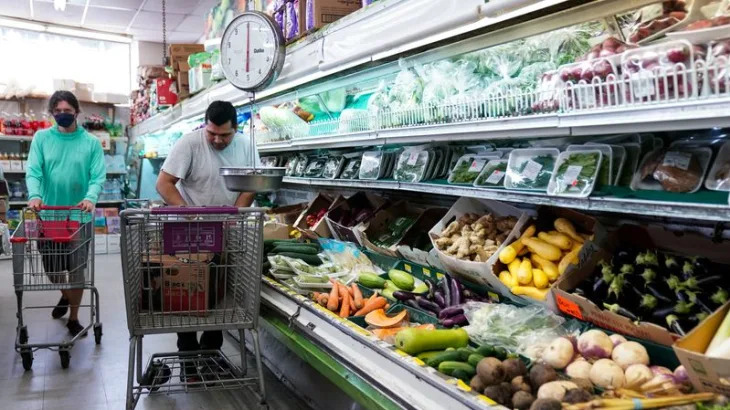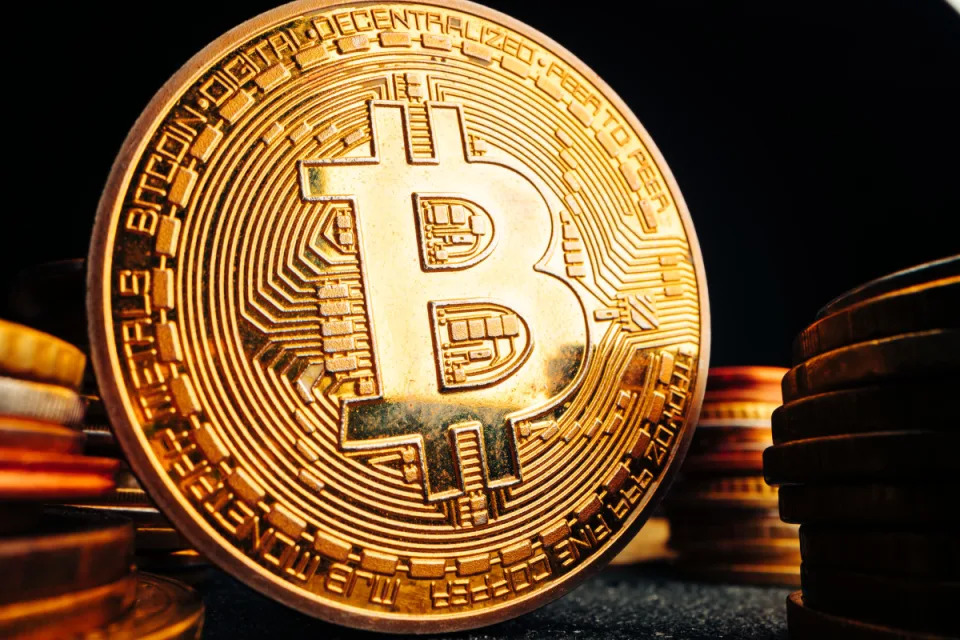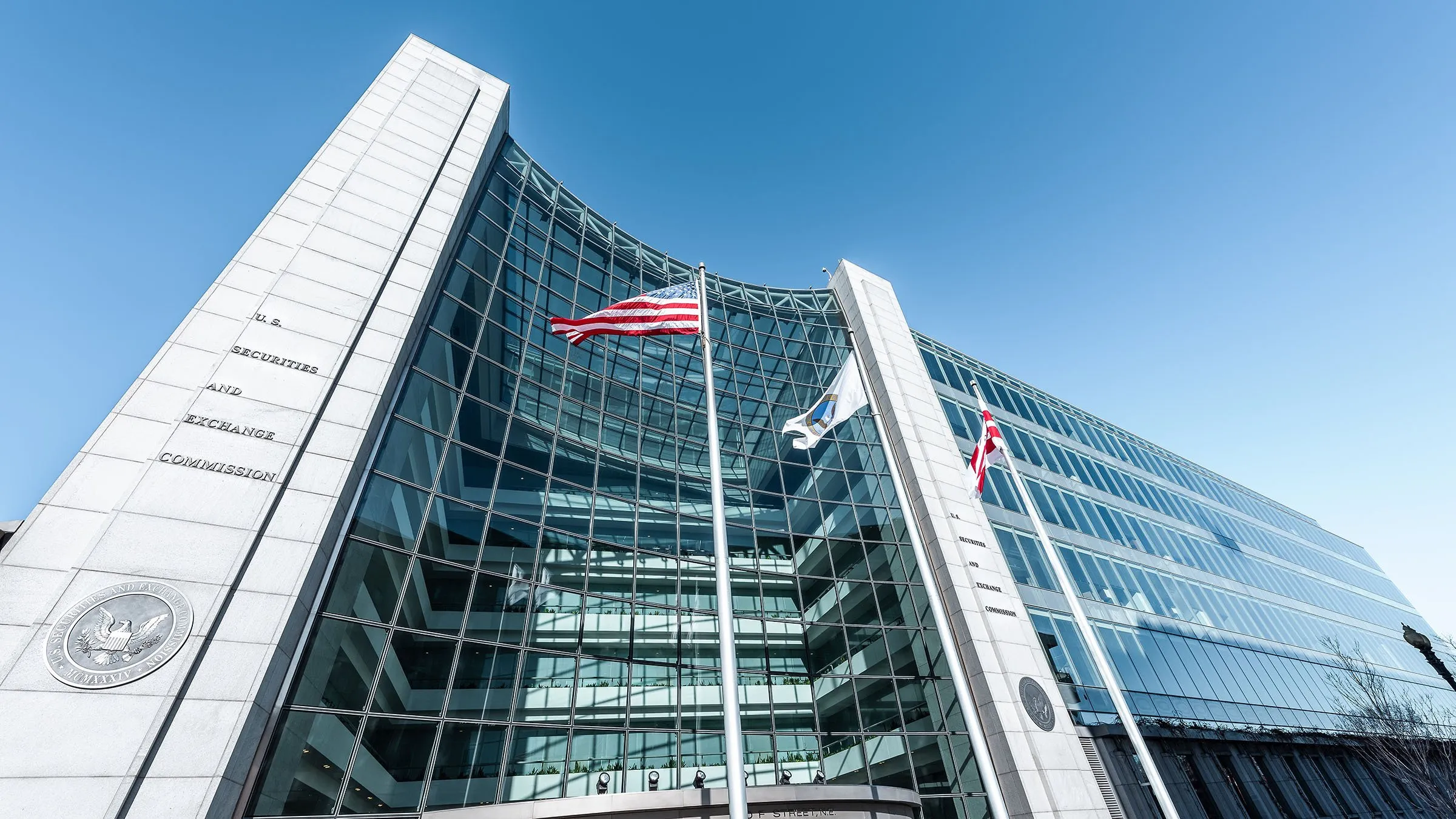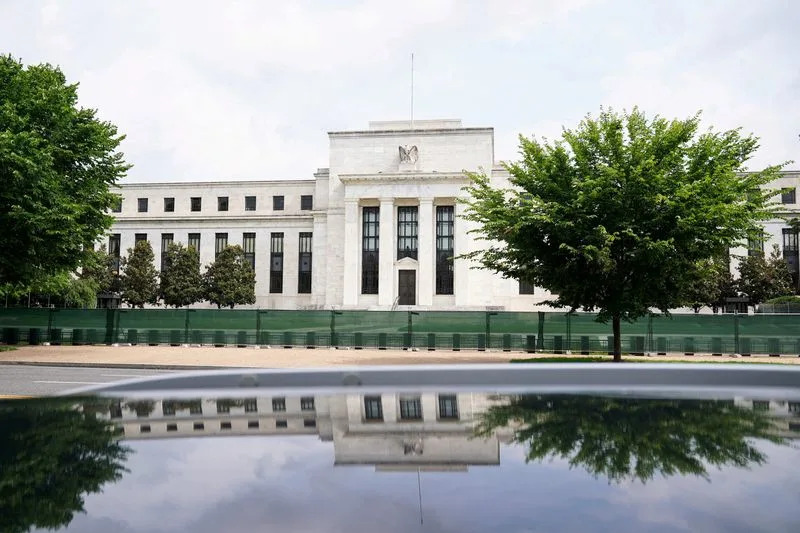Updated at 10:33 AM EST
Eli Lilly shares moved higher in early Wednesday trading following data from a study that showed its blockbuster weight loss treatment Zepbound to be more effective than market leader Wegovy.
Eli Lilly ( LLY ) said patients in a long-term study lost around 20.2% of their body weight while using Zepbound, compared with around 13.7% for those using the Novo Nordisk product, Novo Wegovy.
The study also noted that adult patients taking Zepbound who were either obese or overweight, but did not suffer from diabetes, achieved five key benchmarks that were superior to those taking Wegovy.
The results could offset concerns, raised earlier this autumn, that U.S. sales were struggling to meet Wall Street forecasts thanks in part to supply-chain snarls.
"Given the increased interest around obesity medications, we conducted this study to help health care providers and patients make informed decisions about treatment choice," said Lilly's senior vice president of global medical affairs, Leonard Glass.
The study's findings "showed the superior weight loss of Zepbound, which helped patients achieve 47% more relative weight loss compared to Wegovy.
"Zepbound is in a class of its own as the only FDA-approved dual GIP and GLP-1 receptor agonist obesity medication, and it's changing how millions of people manage this chronic disease."
Related: Biden administration adds weight-loss drugs to Medicare
Eli Lilly shares were marked 2.5% higher in early trading to change hands at $833.42 each, a move that extends the stock's 2024 gain to around 41%.
Earlier this fall, Eli Lilly posted weaker-than-expected third-quarter earnings and slashed its full-year profit forecast, following disappointing sales of its two blockbuster treatments.
More Health Care:
Worldwide revenue rose 20% from the year-earlier period to $11.44 billion, well shy of Wall Street's $12.1 billion forecast, with Mounjaro and Zepbound sales driving a 200%-plus gain for the group's New Products division.
U.S. sales of the treatments were hit, however, by what the company called "inventory decreases in the wholesaler channel," which includes Cardinal Health and McKesson.
Overall, Zepbound sales were $1.26 billion, well shy of the LSEG forecast of $1.69 billion, while Mounjaro sales of $3.11 billion missed Wall Street's $4.2 billion target.
Related: Veteran fund manager sees world of pain coming for stocks






